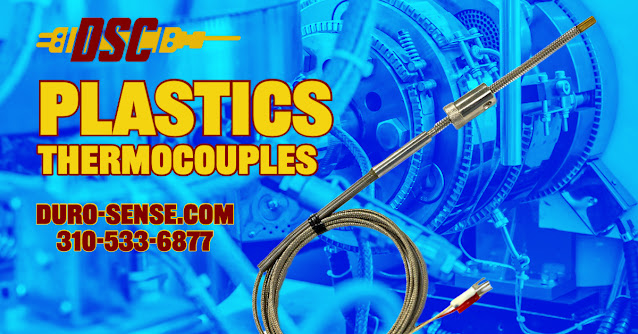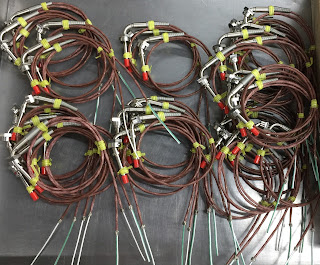Plastics extruders and injection molding machines are the machineries used in the plastics industry to produce plastic products.
A plastics extruder is a machine that melts plastic pellets or granules and pushes the melted plastic through a shaping die to form a continuous profile, such as a pipe, tubing, or window frame. This process is called extrusion. Extruders make a wide range of products, including plastic film, sheeting, and tube.
On the other hand, an injection molding machine injects molten plastic into a mold, where it cools and solidifies to take the shape of the mold. This process is called injection molding. Injection molding makes a wide variety of products, including plastic bottles, containers, and other household items.
Both machines have a barrel and a screw that melts the plastic and pushes it through the equipment. The barrel heats to a specific temperature, and the screw rotates, mixing and melting the plastic. The melted plastic is forced through the nozzle and into the mold or die.
Temperature control on the barrels and nozzles of plastics extruders and injection molding machines is crucial for producing high-quality, consistent plastic products.
The barrel and nozzle are the machine parts where the plastic heats to the melting point before extruding or injected into the mold. If the temperature is too low, the plastic may not melt fully or have the correct viscosity for proper processing, resulting in defects in the final product, such as voids, weak spots, or uneven surfaces.
On the other hand, if the temperature is too high, the plastic may degrade, resulting in reduced strength, discoloration, and other defects. Additionally, overheating the plastic can cause it to degrade, which can release harmful volatile organic compounds (VOCs) into the air and contribute to air pollution.
Overall, precise temperature control is essential for ensuring that the plastic heats to the correct temperature and that the final product has the desired properties, such as strength, flexibility, and appearance.
A thermocouple is a device used to measure temperature. A "plastics thermocouple" refers to a thermocouple used in the plastics industry, used to measure the temperature of plastics during various stages of the manufacturing process, such as during injection molding or extrusion. This information ensures that plastics experience the correct temperature, which can affect the properties and quality of the final product. Plastics thermocouples also monitor and control the temperature of the injection molding machines' barrels and nozzles and monitor the plastic's temperature during the extrusion process.

